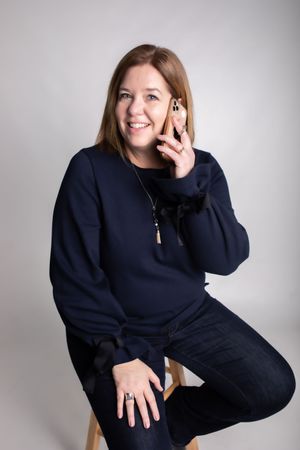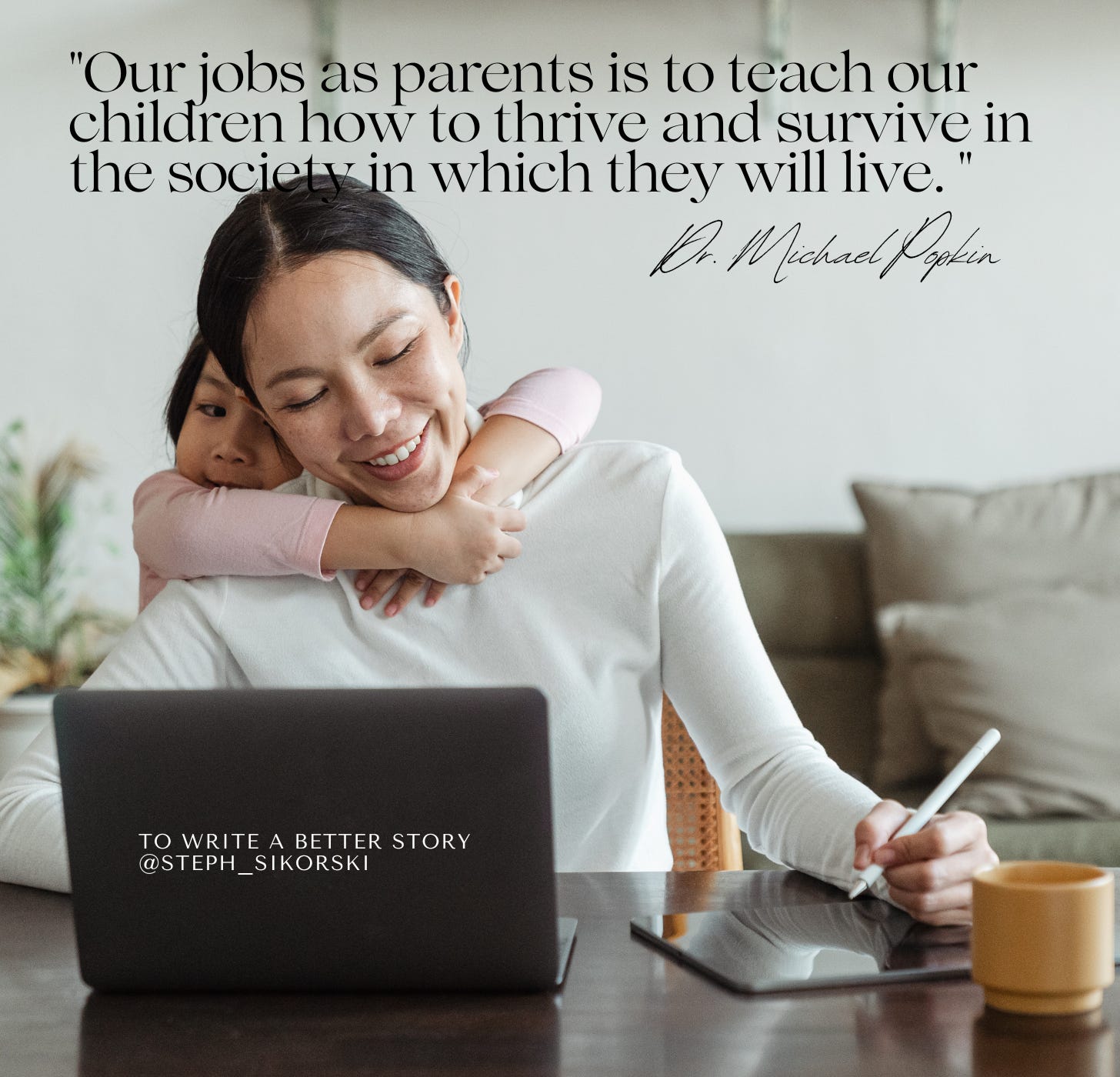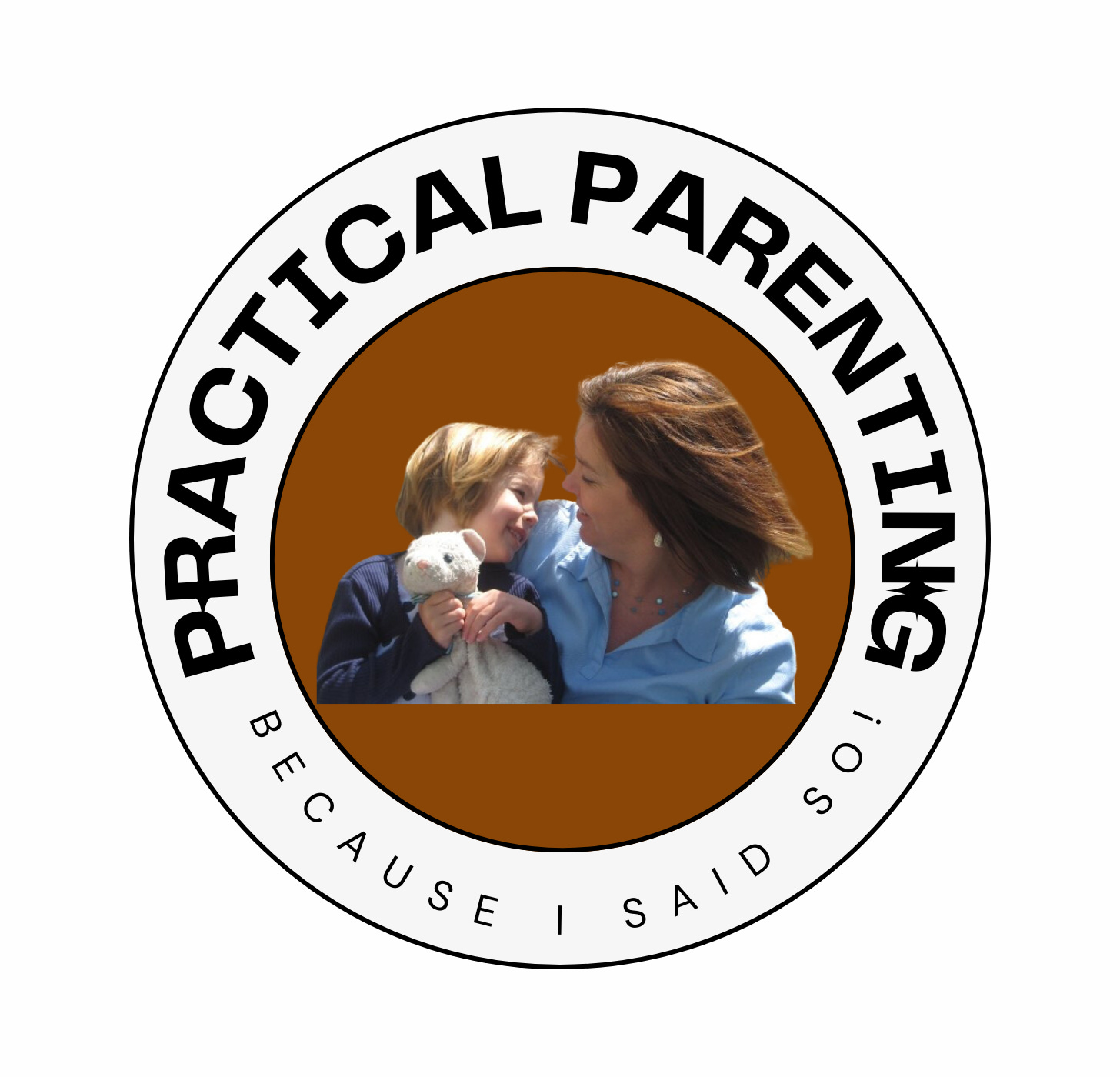When this article originally appeared my kids were 17, 14. 13, and the twins were 8 years old. As a Parent Educator, I hosted playgroups, taught parenting classes, and conducted home visits. My mission was to provide support to parents while weaving in child development information. My mantra was, “Parents are their child’s first and most important teacher.” I enjoyed this role and have met many fantastic mothers (and fathers) during this time. I also wrote a weekly opinion piece in our local newspaper.
What do you do when you see a child being mistreated? Do you do as I do and wonder where the line is between minding your own business and stepping in?
Stephanie’s Substack is a reader-supported publication. To receive new posts and support my work, consider becoming a free or paid subscriber.
Subscribed
I was out for a lazy evening stroll recently when I witnessed a woman yanking on and screaming at a little boy who appeared to be no more than four or five years old. My heart beat wildly in my chest as I could see the anger on her face and the fear in his eyes.
Should I intervene? Mind my own business?
Well, right or wrong, I did nothing. Instead, I walked on and watched in horror as the little boy was viciously, verbally reprimanded. He was weeping and trying desperately to escape the woman's harsh grasp. He wasn’t being naughty; in my observation, he was terrified.
Of course, I don't know what invoked this woman to such cruelty, but I can't help but wonder: Does it matter?
Does any one of us have any right, under any circumstances, to treat another human being, let alone a child, with such utter disrespect, hatefulness, and vengeance?
I say absolutely not! At no time, in no place, does anyone, young or old, deserve to be treated in such a way. Ever.
A week later, I sit at my keyboard replaying the scenario in my mind, and it still haunts me. I may not have responded at the scene that night, but I'm choosing to use my words today in hopes that they will make a difference for children like this little boy in the future.
When we think about the horrible abuses that take place in our world, we can easily cite physical, emotional, or sexual abuse as some of the worst-case scenarios. And indeed, it is so, but let us not dismiss the painful words that sting the heart and burrow deep into the minds of victims! Verbal abuse can absolutely be just as damaging to a person's well-being.
Remember the old saying, "Sticks and stones may break my bones, but words will never hurt me!"? How very untrue it is! Words are very, very powerful. In fact, words might be one of the most powerful tools a parent can wield in a child's early, most formative years.
Dr. Michael Popkin, a child psychologist, says that our job as parents is to teach our children how to survive and thrive in the society where they will live. To do that, they must have the courage to overcome life's obstacles. He says that to raise children to have courage, we must spend time encouraging, not discouraging them.
This is excellent news for parents and essentially anyone who interacts with children. Encouragement is free and accessible to anyone who might choose to use it! All that is needed are your well-chosen words. When you encourage a child, you are literally building courage in them.
Conversely, discouraging a child dismantles the courage you want to instill. Think of it like a bank account. To increase your savings, you deposit, not withdraw money. The same is true with courage. Encouragement is the deposit; discouragement is like a withdrawal.
Some forms of discouraging words are obvious: cursing, yelling, and demeaning our children. Other forms of discouragement are more obscure. For example, we are discouraging our children when we do things for them that they could do for themselves. We say things like, "Honey, you are too little to do that!" or "Don't you dare (________) what are you trying to do? Make my life harder?"
We also discourage kids when we expect the worst from them. How many of us have said, "Don't get in trouble!" or "Don't make a mess!" What seems like a relatively harmless phrase is a projected expectation of failure. Why don't we change our speech to include words of faith like "I know you'll try your best" or "Let's clean this up together? "
Finally, and most commonly, we discourage our children when we only notice the negative. When you find yourself saying things like, "Now look what you did!" or "What were you thinking?" we miss an opportunity to build our children up. Instead, let's think before we are so quick to speak and look for opportunities to catch our children being good. Let's say things like, "That was a good try," "May I help you?" or "You'll get it someday!".
Our children are smaller than us. Their feelings are smaller and much more fragile as well. Let's not abuse our adult power and influence and be people of discouragement. Let's be a people, a community, that encourages one another. Let's use our power-packed words to build each other up. Why? Because I'm the mom, and I said so! That's why!
Stephanie Sikorski has plenty of practice encouraging each of her five children. She served as a Parent Educator for over 15 years and believes this experience helped her become a better mother.



